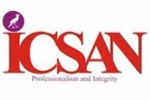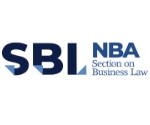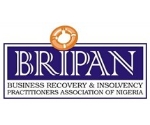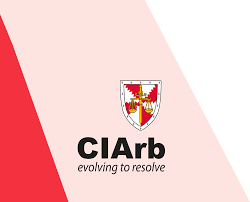Legal Requirements for Startups & Tech firms in Nigeria: Part 2
As earlier established in Part I, starting and operating a technology development firm in Nigeria involves complying with various requirements of the law to ensure the legitimacy, protection, and smooth operation of any business.
Here’s a breakdown of key requirements for startups and operating tech firms in Nigeria:
legal Requirements for Registration and Operation of-Technology Development Firm (Tech Firms):
Business Registration
The foundational step for establishing a technology development firm in Nigeria is to register the business with the Corporate Affairs Commission (CAC). The CAC is the regulatory body responsible for business registration in the country.
Entrepreneurs can choose from various business structures, including sole proprietorship, partnership, or incorporation as a limited liability company (LTD).
Choosing the appropriate business structure depends on factors such as liability protection, tax implications, and the scale of the technology development firm. Most startups opt for the flexibility and limited liability protection offered by the LTD structure.
Tax Registration and Compliance
Once the business is registered and intellectual property protected, the next step is to obtain a Tax Identification Number (TIN) from the Federal Inland Revenue Service (FIRS).
The TIN is essential for tax compliance, and technology development firms are subject to corporate income tax. Additionally, value-added tax (VAT) may apply to certain transactions, and understanding these tax obligations is crucial for smooth operations.
Engaging with certified tax professionals can assist in navigating the complexities of tax compliance and ensuring that the technology development firm meets its fiscal responsibilities.
Intellectual Property Protection
The heart of any technology development firm lies in its intellectual property (IP). Protecting innovations through patents, trademarks, and copyrights is essential for safeguarding the firm’s competitive edge, and the body tasked with this registration & protection is the Nigerian Copyright Commission (NCC).
In addition, firms should conduct regular IP audits, educate employees about the importance of intellectual property, and establish clear policies regarding ownership and protection of innovations.
Sector-Specific Regulations
A handful of the generally applicable regulatory framework in the industry have been discussed in Part I, however, different tech sectors have specific regulations since the industry itself is dynamic, it is crucial to conduct thorough research to identify and adhere to any industry-specific requirements.
Operating Requirements for Tech firms in Nigeria
Regulatory Compliance
In order to ensure ongoing compliance, Tech firms are required to stay informed about changes in regulations that may affect the tech business.
Data Protection and Privacy
Tech firms must comply with the Nigeria Data Protection Regulation (NDPR) with regard to safeguarding user data and privacy and as well implement data protection policies and practices to prevent data breaches and unauthorized access.

Top on the list is the requirement for consent when processing personal data.
Employee Relations
Tech firms are required to adhere to Nigerian labor laws when hiring and managing employees. Ensure compliance with employment contracts, benefits, and workplace safety regulations.
Cyber Security
Implementation of robust cyber security measures to protect systems, software, and customer data are also requirements in the Tech industry, regular updates of security protocols and education of employees on cyber security best practices is also advised.
Anti-Money Laundering (AML) and Know Your Customer (KYC):
Where a Tech firm deals with financial transactions, it must ensure AML and KYC Compliance and adhere to AML and KYC regulations to prevent money laundering and ensure the identification of clients.
Consumer Protection
Compliance with Consumer Protection Rights is also a requirement, as this is the Federal Government’s measure to ensure that Companies provide transparent information about products and services and establish clear terms of service to protect the rights of consumers.
Corporate Governance & regulatory Reporting
Companies are advised to implement good corporate governance practices to ensure transparency, accountability, and ethical conduct within the organization, submit required reports to relevant government agencies.
Stay updated on filing deadlines and ensure timely compliance with statutory reporting requirements.
Environmental and Social Responsibility
Lastly, if a tech firm has a physical presence, then compliance with environmental regulations is required. Companies are advised to engage in socially responsible practices to contribute positively to the community.
By adhering to these legal and operating requirements, tech firms in Nigeria can establish a solid legal foundation, mitigate risks, and foster a business environment conducive to sustainable growth and innovation.
Berkeley Legal is a dedicated leading full-service top business law firm in Lagos, Nigeria. We provide comprehensive and sophisticated range of specialized and personalized legal services that are designed to meet the various needs of a highly diversified local and international businesses.
If you would like to know more about compliance in the Tech industry, please contact info@berkeleylp.com
The information provided in this article is for general informational purposes only and does not constitute legal advice.







